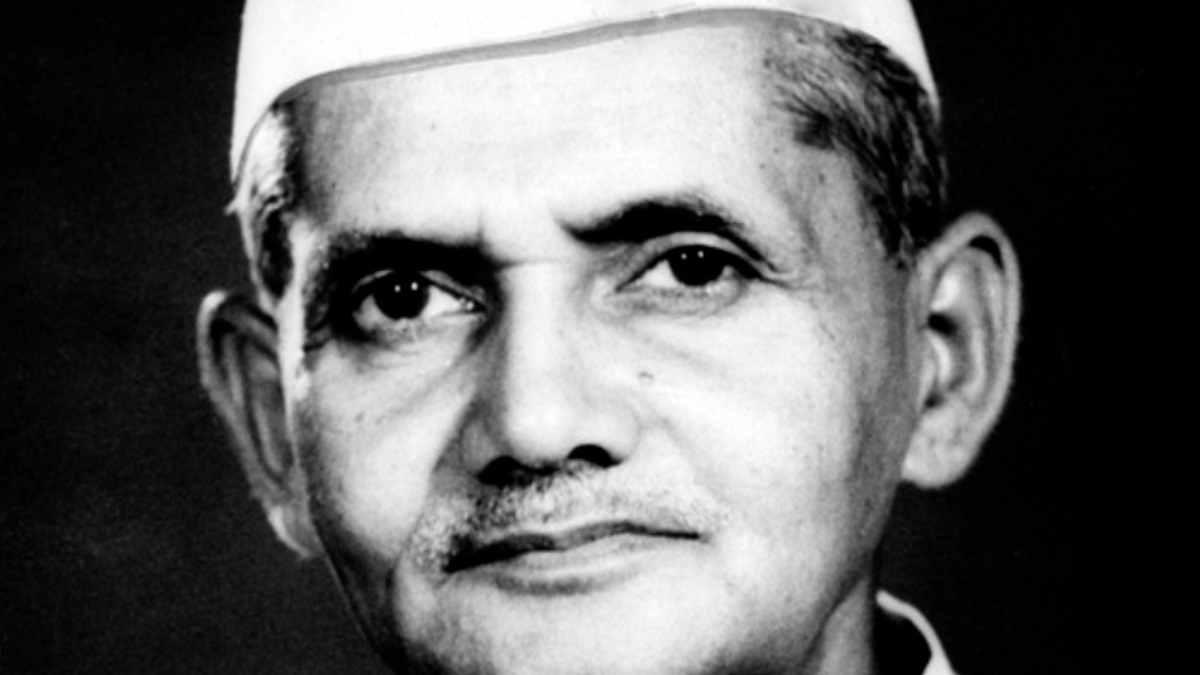Introduction: Lal Bahadur Shastri was India’s second Prime Minister, serving from 1964 until his untimely death in 1966. He was a key figure in the country’s post-independence era, and his policies aimed at promoting agricultural growth and self-sufficiency continue to shape Indian politics and society today.
Early Life and Political Activism:
- Born in Uttar Pradesh in 1904, Shastri grew up in poverty and became involved in the Indian independence movement as a young man.
- He joined the Indian National Congress and became a prominent leader in the party, known for his integrity and dedication to social justice.
- Shastri was imprisoned multiple times for his political activism, including during the Quit India movement of 1942.
Becoming Prime Minister and Domestic Policy:
- Shastri became Prime Minister following the death of Jawaharlal Nehru in 1964.
- He continued Nehru’s policies aimed at modernizing the country and promoting social welfare, including the expansion of public education and the establishment of a national family planning program.
- Shastri also prioritized agricultural growth, recognizing the importance of self-sufficiency in food production for the country’s development.
- His slogan of “Jai Jawan, Jai Kisan” (Hail the Soldier, Hail the Farmer) became a rallying cry for the country’s agricultural sector.
Foreign Policy:
- Shastri faced several major foreign policy challenges during his brief time in office, including the Indo-Pakistani War of 1965.
- Despite the conflict, he sought to promote peaceful coexistence with India’s neighbors, particularly Pakistan and China.
- He also pursued closer ties with other newly independent countries in Asia and Africa, seeking to promote a united front against Western imperialism.
Legacy:
- Shastri’s legacy as India’s second Prime Minister is primarily tied to his advocacy for agricultural growth and self-sufficiency.
- His policies aimed at promoting rural development and increasing food production continue to shape Indian politics and society today.
- Shastri’s untimely death in 1966 remains a subject of controversy, with many speculating that foul play was involved.
- Despite his short time in office, Shastri remains a highly respected figure in Indian politics and history.
Conclusion:
- Lal Bahadur Shastri was a key figure in India’s post-independence era, and his policies aimed at promoting agricultural growth and self-sufficiency continue to shape Indian politics and society today.
- While his time in office was brief, his legacy as an advocate for social justice and rural development continues to inspire Indian leaders and citizens alike.
- Shastri’s untimely death remains a subject of controversy, but his contributions to Indian politics and society will not be forgotten.




